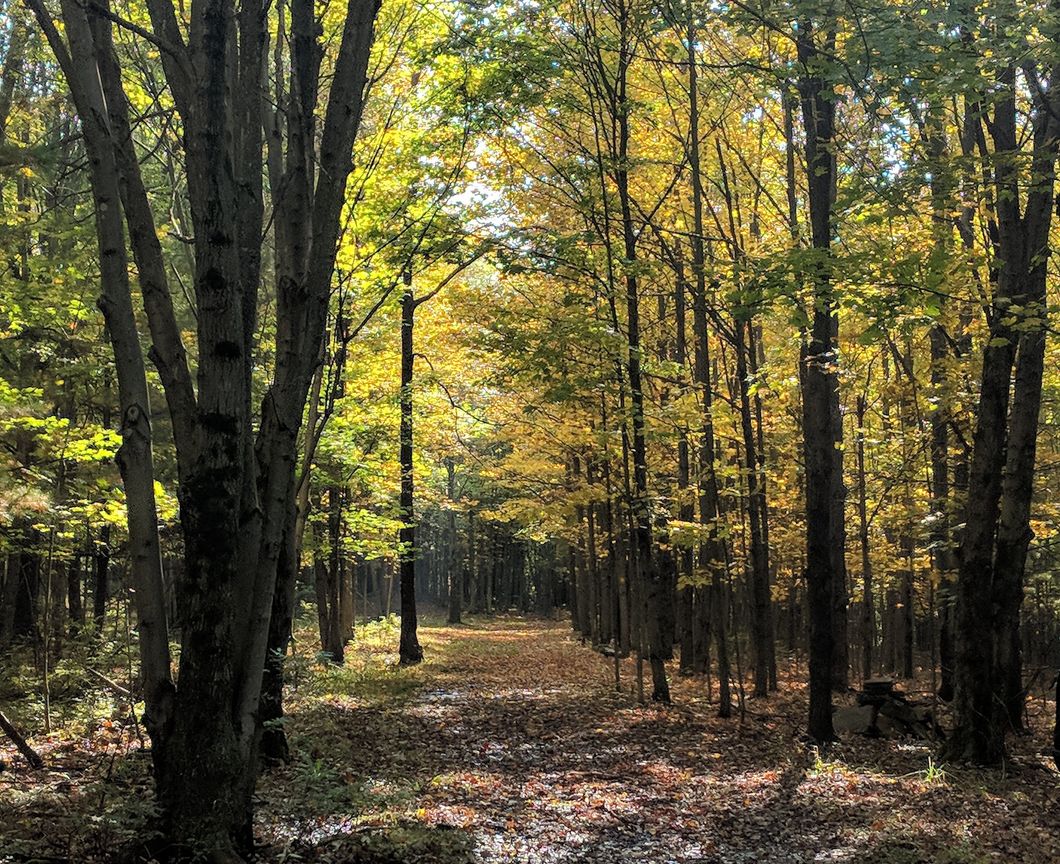Last week in my Introduction to Creative Writing class, we read The Cat in the Hat.
It was revealed quite sneakily by the professor that we were to read the story as a metaphor for creativity. The Cat, who arrives with a "bump!" one rainy day, is reckless, exciting, confident, and chaotic, where the fish (with whom I personally identified) is anxious and tethered to order, worrying throughout the story about the ramifications of everyone's actions. The bump is the incident that confuses the artist and pushes them to explore; the cat is unbridled and often messy creativity that is unafraid to try the outlandish, and the fish is the voice of reason that causes the artist to hold back, overthink, and question. In the end, however, there is no sign of conflict—the house is clean again. The final product, if all goes well, will be polished, will find what it is meant to be. So there is no need to be afraid.
What one has to get used to after becoming a writing major, after 18 years of conditioning oneself to planning everything, is being told to write what you know, avoid relying too heavily on structure, and chase runaway thoughts. I have been scolded for having a thesis. I have been scolded for making outlines! In this area of study I am supposed to be able to roam freely and be flexible, and to tie myself to an outline is to cordon myself off from potential new directions. All this after years of planning five-paragraph essays and scouring materials to score well in subject areas I usually did not care very much about, years of diligently cultivating in myself an artful rubric box-ticker.
In all seriousness, when I am challenged to sit before an empty page or screen and simply write what comes to mind, I feel almost squeamish. I feel there is no possible way that the random journal-entry thoughts that come to mind could be worthy of the page… they will be messy and circular and aimless. They may find their way to something beautiful—but they also may not. I do not know what will happen if I let myself try things. I am afraid of this possibility of "may not" and of what could happen if I abandon the method that, for better or for worse, produces these essays. I am afraid of what will happen if I am left to myself and if I let myself.
That I find myself unprepared and afraid to let my mind wander is disconcerting.
Now that I have been challenged to explore the space that is me, I realize that I have never made a practice of doing so. Aside from writing poetry to try to get at something abstract, I have rarely chased stray thoughts; there was little conversation with peers and certainly no assignments that allowed me to pursue unstructured thinking and discover the interior. Which is a shame, because surely there are places that would have been worth finding, places that reside within crevices that are unique to me, or once were.
Kids are usually taught fairly early on in school that there is a correct way to do things and are given methods to shake the right answer from a situation. But this mindset eliminates all the unique pathways and answers that exist only within the individual mind and are locked away except to the individual equipped to probe and discover. It also rubs away the ability to probe and discover, which takes practice, time, space, comfort, and the right environment.
Are we cultivating an environment where we can not only explore ourselves but understand that it is ok and valuable to explore ourselves? Have we carved the time out of our day to try to inhabit ourselves? And if we haven't yet, what has taken precedence? Because I think there is value to learning to navigate the mind we inhabit and learning to sit with ourselves, make ourselves at home in our own heads. This is a skill we don't learn or a skill that we as a people don't usually allow the proper time and space to be learned. But there is so much to be gained. The goal is not necessarily even to know oneself, but just to be able to look comfortably inward and trust our contents. I would imagine that the result of cultivating this skill—and I do believe it is a skill—would be a measure of balance and self-awareness that many of us struggle with daily. It could be a relaxation of the self, a lessening of tension when we aren't alarmed by what we excavate and how we find ourselves reacting to trying situations. It could be an appreciation for the major and minor trains of thought we mine with a notebook or a sketchbook or a conversation with someone. It could be a feeling of contentment and compassion with the people we are, such a simple idea and yet so elusive and wonderful and warm to contemplate.
It is strange to consider that we are given one physical self. It is worth it to take the time to explore our depths, to explore until we are unafraid to, or to explore in spite of our fear because from this oneself we will surely find so much.











